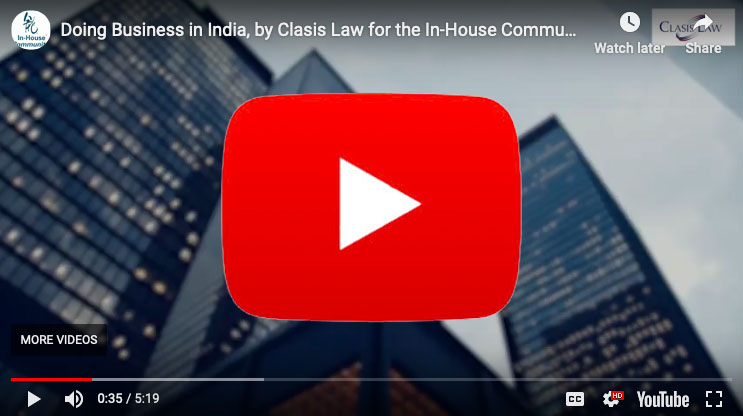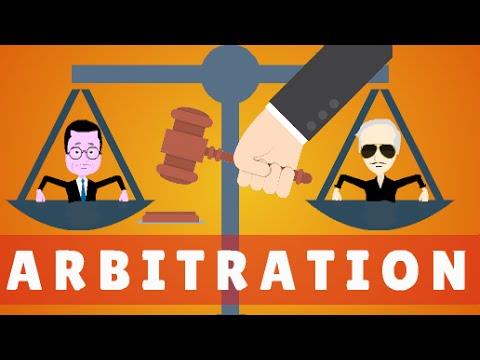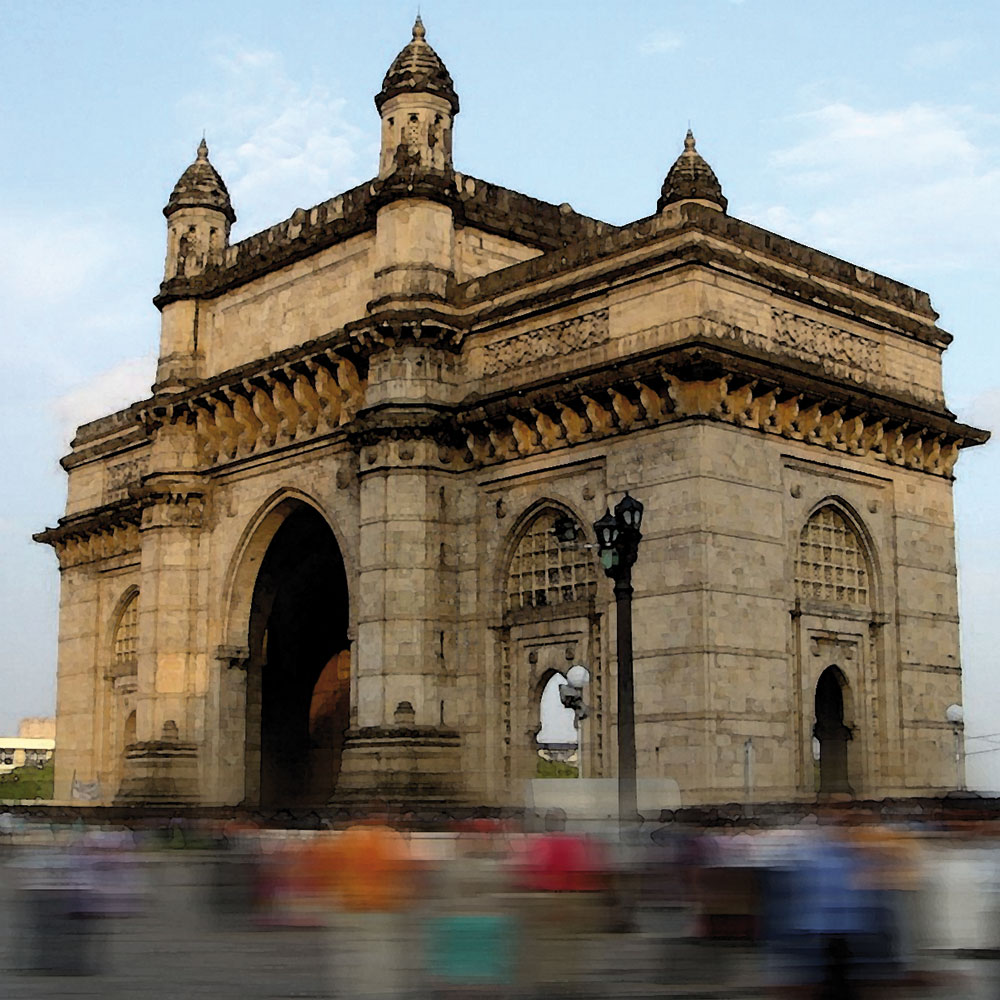By Rahul Beruar and Jyotsana Sinha, Clasis Law

Email : Rahul.beruar@clasislaw.com, Jyotsana.sinha@clasislaw.com
Rapidly growing awareness of intellectual property (IP) rights and a well-structured statutory regime protecting IP has allowed rights owners to assert and enjoy the limited monopolies conferred on them and prevent/restrain unauthorised third parties from infringing or misappropriating the exclusive rights. While IP jurisprudence is constantly evolving to protect rights owners from unauthorised encroachment of their exclusive rights in the IP, it has also led to a trend of overzealous IP enforcement, often resulting in undue liability on innocent third parties. Furthermore, such overzealous enforcement of IP rights becomes a hindrance when groundless threats by rights owners adversely affect the businesses of innocent third parties involved in lawful and permitted use of another’s IP.
In one such instance, a well-known manufacturer of automotive spare parts was being threatened with groundless legal proceedings of trademark infringement by a leading automobile manufacturer and its exclusive licencee in India. Based on the premise that the packaging of the genuine spare parts read: “Suitable for <<the make and model of the particular automobile>>”, and that such use of the make and model of the automobile (being a registered trade mark of the automobile manufacturer) qualified as infringement of the automobile manufacturer’s registered trade mark, among other things, the exclusive licencee of the said automobile manufacturer had filed several criminal complaints and lodged FIRs, spread across various cities in India, against the spare-parts manufacturer’s distributors, dealers and so on, which led to seizure of genuine spare parts produced by the spare-parts manufacturer. Interestingly, while distributors and stockists of the said spare-parts manufacturer were subjected to criminal proceedings, no civil or criminal proceedings were initiated against the said spare-parts manufacturer itself.
Use of the words “Suitable for” before make and model of the automobile for which a particular spare part was suited and the prominently displayed well-known house marks of the spare-parts manufacturer clearly qualified as nominative use, permitted under Section 30(d) of Trade Marks Act, 1999. Consequently, although protected by fair/permitted use provision under the Act, the said spare-parts manufacturer was constantly subjected to groundless threats of infringement proceedings.
We took recourse to one of the lesser explored remedies available under the Act, and initiated legal proceedings against such groundless threats.
Section 142 of the Act provides that a person threatened by the proprietor of a trade mark with an action/proceeding for infringement of trademark by means of issuing circulars, advertisements or otherwise, can bring a suit against such person making the threat and seek any or all of the following reliefs: (a) declaration to the effect that such threats are unjustifiable; (b) an injunction against continuance of the threats; (c) recover damages, if any.
However, protecting the proprietors from frivolous litigation each time they attempt to enforce their rights, Section 142 further states that if the trade mark in question is registered and the acts in respect of which the proceedings were threatened, constitute or, if done, would constitute infringement of the trade mark, then the threat of proceedings made will be deemed justified. Moreover, if the registered proprietor/user conducts due diligence and initiates infringement proceedings against the said person threatened, then such threat would be deemed to have materialised and no recourse would be available with such person threatened except for to defend themselves in infringement proceedings initiated by the rights holder.
Oddly, while there are specific provisions affording protection against groundless threats of proceedings in the Indian IP regime, such provisions are rarely resorted to, resulting in a dearth of jurisprudence on several aspects of the framework, such as the definition of threat and “person” who can resort to the such legal remedy, among other things.
Nonetheless, to protect the rights of the said spare-parts manufacturer, we filed a civil suit under Section 142 of the Act against the automobile manufacturer and its exclusive licencee on the basis that the criminal complaints filed by/on behalf of the automobile manufacturer amount to groundless threat of trademark infringement; seeking a declaration that the use by the said spare-parts manufacturer of the make and model of the automobile on its spare parts does not amount to trademark infringement as such use falls within the exemption granted under the Act and sought injunction against continuance of such threats. While the matter is still sub-judice, the automobile manufacturer has undertaken before the court that it shall, along with its exclusive licencee, refrain from issuing any further threats until further orders are passed by the court in the said matter.
http//: www.clasislaw.com
Email: Rahul.beruar@clasislaw.com
Email: Jyotsana.sinha@clasislaw.com
Tel: (91) 11 4213 0000
Fax: (91) 11 4213 0099



































 Clasis Law
Clasis Law Mustafa Motiwala
Mustafa Motiwala Vineet Aneja
Vineet Aneja







